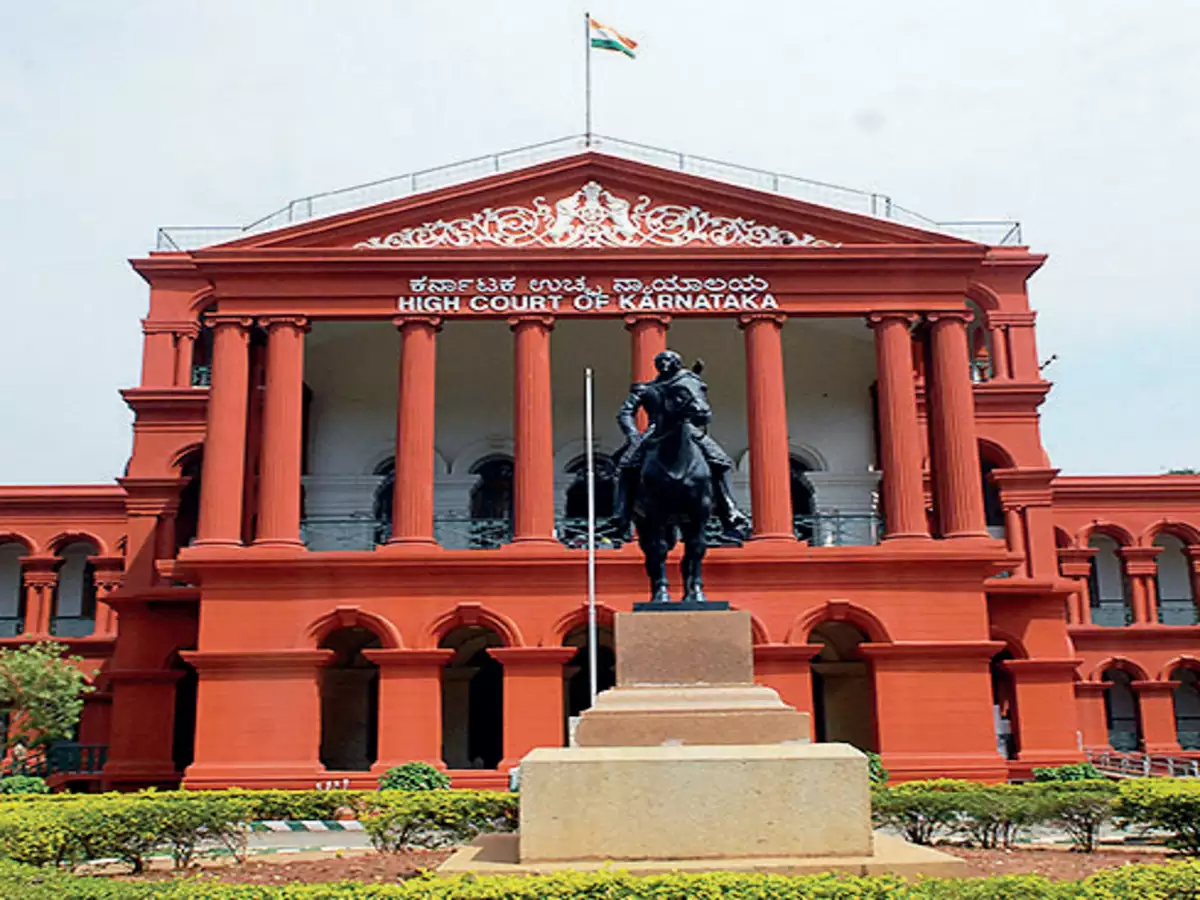Recently, in the case of Patanjali Foods Ltd. v. Union of India and Ors., the Bombay High Court provided relief to Patanjali Foods by quashing the reassessment of customs duty on the import of crude palm oil for domestic consumption.
If the revised rates were to be implemented, the corporation would have avoided having to pay the Department of Revenue around ₹62 lakh.
The ex-bond bills of entry were presented between approximately 8:20 and 9 p.m., while the notification modifying tariff rates was passed and went into effect at roughly 9:30 p.m., according to a Division Bench of Justices KR Shriram and Jitendra Jain.
Consequently, the Court observed that Patanjali had self-assessed four ex-bond bills of entry around twenty-five minutes before the revised charges went into effect.
“Admittedly, in this case four Ex-Bond Bills of Entry have been presented before the said Notification came into force. One bill of entry was self assessed on 13th May 2021 at 20:17:07 hours, the second was self assessed at 20:56:11 hours, the third was self assessed at 20:15:09 hours and the fourth was self assessed at 20:59:08 hours, whereas, the Notification was e-gazetted on 13th May 2021 at 21:24:11 hours,” the Court said.
In accordance with Section 68 of the Customs Act, Patanjali Foods had petitioned the Court via writ to prevent the reassessment of ex-bond bills of entry, all dated May 13, 2021.
The business requested approval to sell the products for domestic use.
They contended that Revenue had improperly used tariff rates that became effective following the filing of assessments of the bills of entry in accordance with Section 15 of the Customs Act’s provisions.
Patanjali Foods claims that additional customs duty, IGST, social welfare surcharge, and agriculture and infrastructure development cess totaling ₹61,69,890 were assessed as a result of this reassessment and had to be paid under protest.
Revenue contended that Patanjali Foods had a different course of action and had to be invited to contest the reassessment orders through an appeal to the relevant body.
But after pointing out that the reassessment instructions were not spoken orders, the Court denied this motion.
“Therefore, even if we decide to direct petitioner to file the appeal, petitioner will not even know the ground on which the reassessment was made and how the reassessment was contrary to the self assessment done by petitioner,” it stated.
The Court then cited the ruling in Union of India & Ors. v. M/s GS Chatha Rice Mills & Anr., the highest court’s decision holding that the tariff rate in effect would be the rate in effect on the date and time that self-assessed bills of entry were presented.
The last of the four bills of entry was submitted on May 13, 2021, at 8:59 p.m., while the revised tariff rates went into effect 25 minutes later at 9:24 p.m.
Additionally, Revenue said that Patanjali Foods had missed the one-year deadline for filing a refund application. The Court maintained, however, that the statute of limitations did not apply in cases where the duty was paid in protest by citing the Supreme Court’s ruling in ITC Ltd v. Commissioner of Central Excise, Kolkata IV.
Consequently, the Court ordered Patanjali Foods to submit a reimbursement application to the appropriate authorities and nullified and set aside the reassessment decisions. Additionally, it instructed the officer to properly file the application within a 12-week period.
Patanjali Foods was represented by advocates Rajesh Rawal and HR Shetty, who were coached by HR Shetty and Associates.
Attorney Jitendra B. Mishra, under the guidance of Attorney Ram Ochani, represented the Department of Revenue in court.



